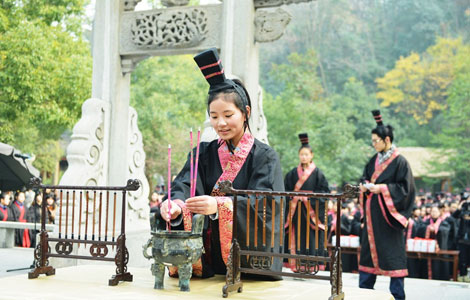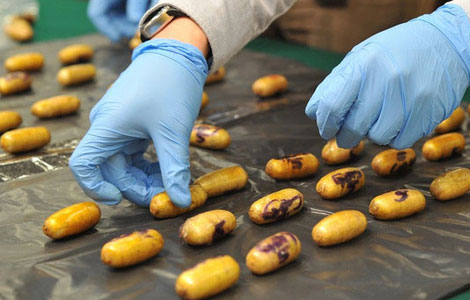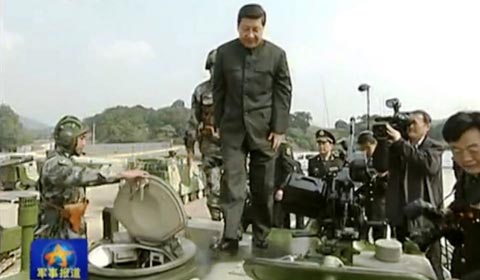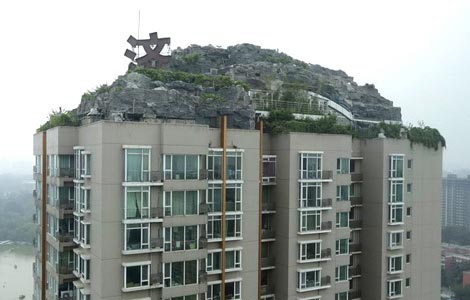

Pollution caused together by particulate matters, sulfur dioxide and nitrogen dioxide has nearly halved the number of good air quality days in November compared with October in the Yangtze River Delta region, the Ministry of Environmental Protection reported on its website.
In the Yangtze River Delta region cluster, only 42.5 percent of the days in November had good air quality. The number in October was 73.5 percent.
Though severe pollution only took place for several days in November, 18 cities out of the total 25 within the region had good air quality for fewer than 15 days, according to the report.
Fine particles remained the top pollutant in this area, accounting for 14 days of the total polluted 17 days. The average level of PM2.5 - particulate matters smaller than 2.5 microns in diameter and can penetrate into the lungs - rose by more than 50 percent compared with the level in October.
PM10, sulfur dioxide and nitrogen dioxide also significantly contributed to the region's heavy pollution, with PM10 and sulfur dioxide levels rising by more than 50 percent each and nitrogen dioxide levels rising by almost 40 percent compared with the previous month.
The ministry pinned the cause of the severe pollution in the region to stagnant air and low precipitation in November.
Nationwide, almost half of the total 74 cities mentioned in the report had good air quality in fewer than 15 days, a similar figure to October's.
Levels of almost all types of pollutants, except ozone, rose in November. The level of sulfur dioxide increased most significantly by more than 45 percent compared with the previous month.
"This is partly because of the growing coal consumption as the heating season began," said an official from the monitoring sector of the ministry, who asked not to be named.
Air quality in the other two major clusters, the Pearl River Delta region and the Beijing-Tianjin-Hebei cluster, improved in November compared with the previous month.
In the Pearl River Delta region cluster, 75.5 percent of the days in November had good air quality, but the number in October was only 22.2 percent.
Seven cities in Hebei province ranked among the top 10 most polluted cities. But Zhangjiakou in the province continued to rank among the top 10 cities with the best air quality in November.
Urumqi, capital city of the Xinjiang Uygur autonomous region, was listed among the 10 most polluted cities for the first time this year.
"The city spent some 10 billion yuan ($1.65 billion) in 2012 to transfer the major energy used in its central heating system from coal to natural gas," said Feng Yinchang, head of the State Environmental Protection Key Laboratory of Urban Particulate Air Pollution Prevention.
"The switch has largely reduced its air pollution levels this year."
But he said though pollution generated from heating has been reduced, the city's petrochemical and steel industries still contribute to a significant part of its air pollution.
"In winter, when the wind blows from the northeast and northwest, and the high mountains to the south trap all the pollutants within the city, pollution could still be severe," said Feng, who has been doing research in Urumqi for years.
wuwencong@chinadaily.com.cn







